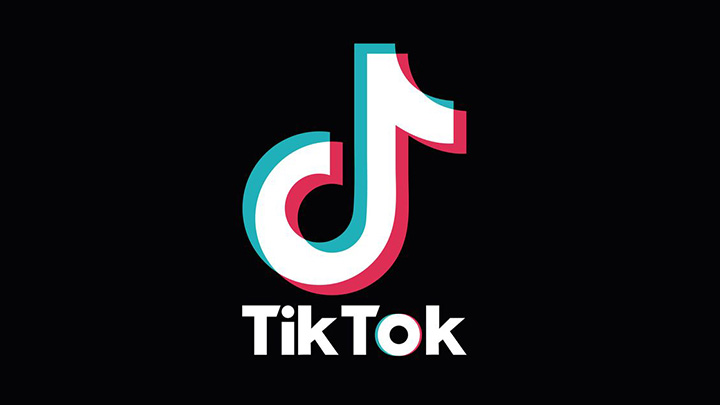Meta Platforms Inc., the parent company of Facebook and Instagram, has unveiled a strong financial performance for the second quarter, marked by soaring revenues and profits.
The tech giant reported a 22 per cent year-on-year increase in revenue to over $39 billion (£30 billion) for the three months ending June.
This surge was primarily driven by higher advertising rates and expanded ad reach. Despite substantial investments in artificial intelligence (AI) projects, the company’s profits skyrocketed to nearly $13.5 billion.
Meta’s CEO, Mark Zuckerberg, expressed satisfaction with the quarter’s results, asserting that the company’s AI system is on track to become the world’s most widely used AI assistant by year-end.
This ambitious target aligns with Meta’s aggressive push into AI, which has seen it allocate billions of dollars to research and development.
Read More
However, this strategic focus on AI comes at a cost. The company’s Reality Labs division, responsible for augmented and virtual reality products, incurred a loss of $4.5 billion - exceeding analyst expectations.
This underperformance highlights the challenges Meta faces in its metaverse ambitions.
To fuel its AI initiatives, Meta anticipates spending up to $40 billion this year, with expenditure projected to remain elevated in 2025.
This substantial outlay has raised concerns among investors about the company’s financial trajectory.
Nevertheless, eMarketer principal analyst Max Willens believes these apprehensions have been assuaged by the robust quarterly results.
Willens attributes Meta’s financial success to the effective monetisation of its Reels short video platform, which has seen a surge in ad impressions and pricing.
This growth has positioned Meta as a formidable competitor to TikTok, which is facing potential bans in certain markets.
While Meta’s AI ambitions are evident, analyst Mike Prolux cautions against overconfidence.
He acknowledges the company’s strong position in AI but points out that its AI assistant will be mandatory for users of Instagram, Messenger, and WhatsApp due to its integration into the search function of these platforms.
In tandem with its AI investments, Meta has undertaken cost-cutting measures, resulting in a significant reduction in workforce.
The company’s employee count has dwindled from a peak of over 87,000 in 2022 to 70,799.
However, CFO Susan Li has indicated that the company expects to increase its headcount in 2024 compared to the previous year.
As Meta navigates the complex landscape of AI development and financial performance, the coming quarters will be crucial in determining the long-term impact of its strategic direction.





-1753785125.jpeg)






